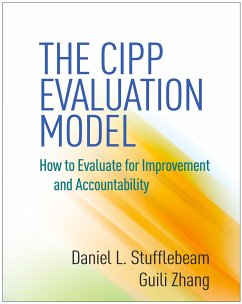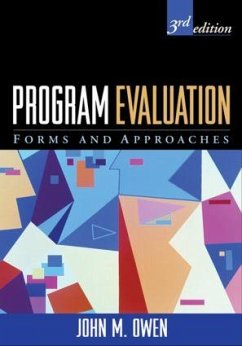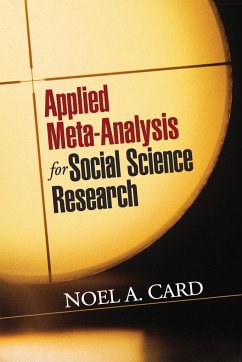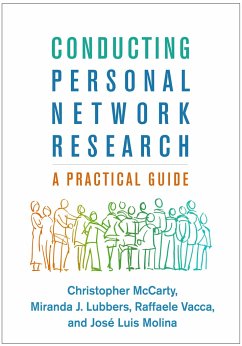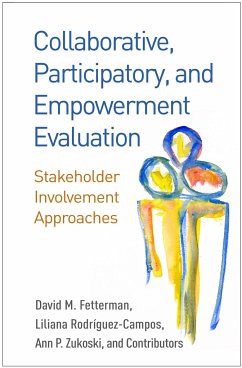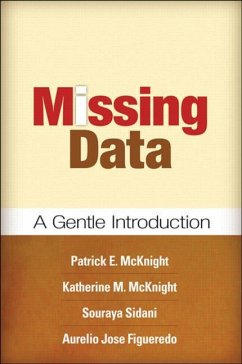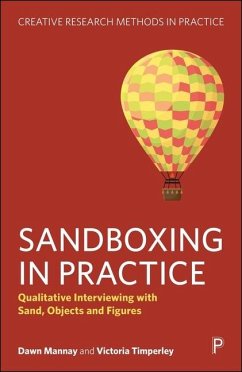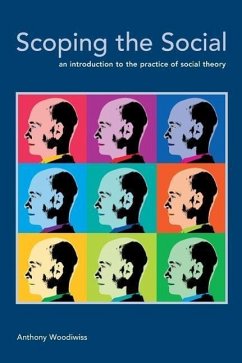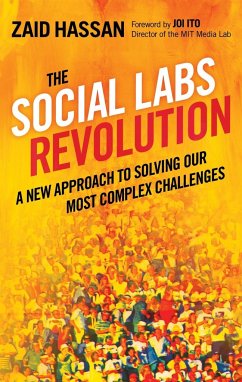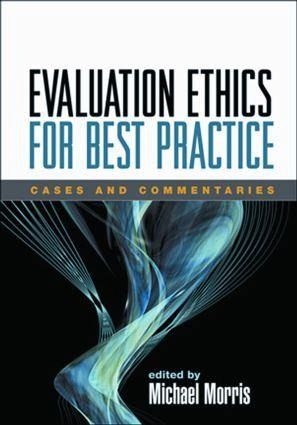
Evaluation Ethics for Best Practice
Cases and Commentaries
Herausgeber: Morris, Michael
Versandkostenfrei!
Versandfertig in über 4 Wochen
44,99 €
inkl. MwSt.

PAYBACK Punkte
22 °P sammeln!
Focusing on ethical challenges in program evaluation, this innovative book features six case-study scenarios that end at a point where the evaluator faces a significant decision about how to proceed. For each case, two distinguished evaluators offer insights on the best course of action to choose, and why.




